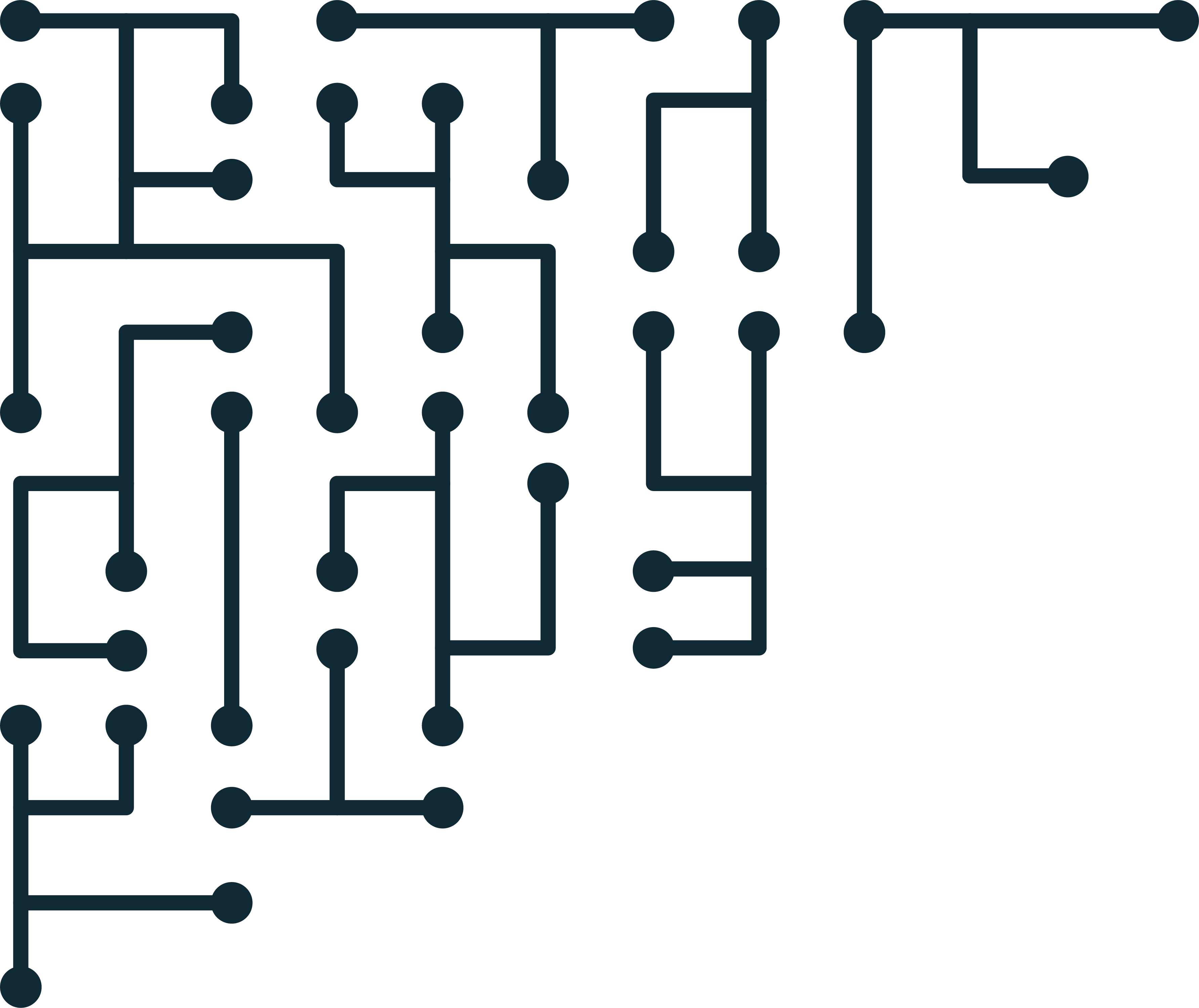I recently found a video claiming to be a 'child predator social experiment'. The idea is that children have access to different types of social media, and trust communications on those platforms even if they have never actually met the person in real life. The video shows different situations in which young boys (in this case) are lured into vans or strangers' houses based on online texting with a grown man posing as a young girl.
Apparently, the parents of these kids had 'warned them of stranger danger' before, but this was supposed to teach them some sort of lesson. The parents, apparently, were willing to subject their children to this form of torture.
As a teacher who deals will many different personalities on a daily basis, I find it very difficult to justify terrorizing children to teach them a lesson (dictatorships don't last forever). Article 5 of the Universal Declaration of Human Rights: No one shall be subjected to torture or to cruel, inhuman or degrading treatment or punishment.
In the video below, one scenario involved a mother who immediately came in and started yelling at her child. If you are willing to lie to your kid to show them that you are right... well this seems like the best way to do it.
The other scenarios, the child was actually pulled into a van while yelling for help, and another locked in a room (and held down) with two half-naked men. Do you think the children were terrified? Is creating a situation in which the child believes he or she may be raped and/or murdered cruel, inhuman treatment? I think yes.
Children definitely need proper education about the dangers of the Internet. But in this case, the parents are taking lazy, disgusting way out.
There are many ways to monitor your child's activities on and offline. It is a mistake to believe that unfettered Internet access is a right for the child in your home. Talking to your children is a great first step, but parents also need to become Internet-literate, and know how to exert some sort of control over Internet access - other than on and off. Then, when the child demonstrates responsibility on the Internet the parent could give the kids more trust and more freedom online. But currently parents are all or nothing because they don't know how the technologies work. In such a case, the parent is 'forced' to take extreme measures to get a point across, because they were too lazy to learn how to control the situation.
Parents: if you care about your kids, take the time to learn. Giving them knowledge is much better than giving them rules that they don't understand.


